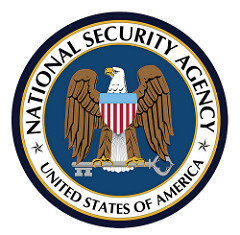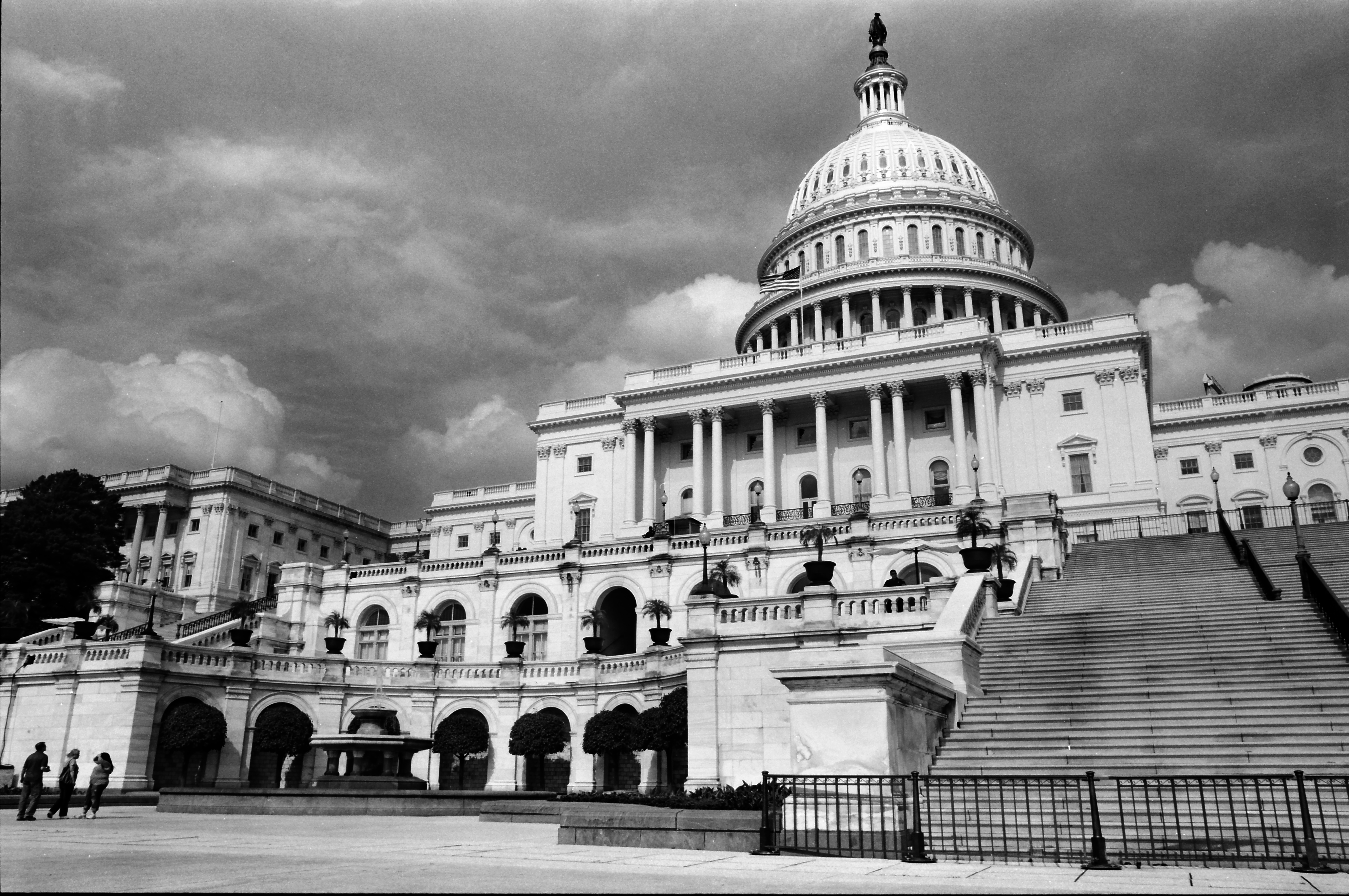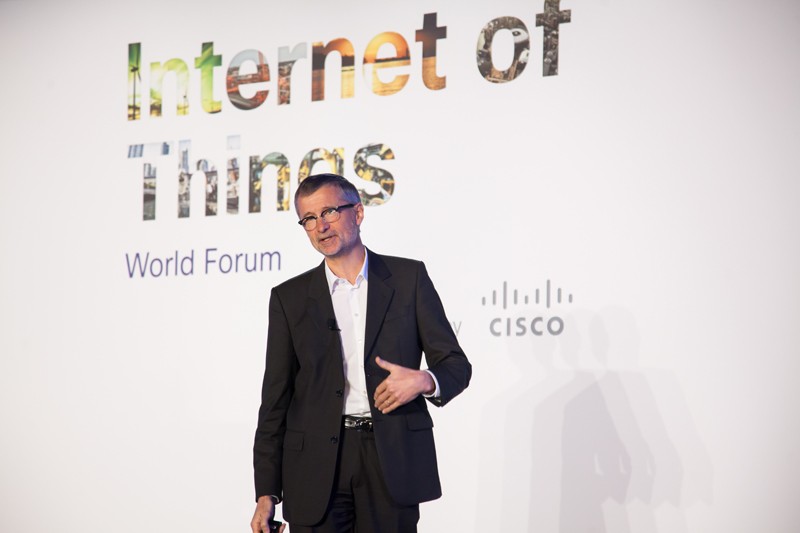A new report by the Nuclear Threat Initiative found that twenty countries with either nuclear weapon materials or power plants “do not even have basic requirements to protect nuclear facilities from cyber attacks.”
The report draws relevance from a recent cyber attack that caused a power outage in Ukraine—the first blackout ever induced by hackers. The event created international concern about the industrial sector’s susceptibility to cyber attacks.
According to Page Stoutland, NTI’s vice president for scientific and technical affairs, countries with developed nuclear programs have established safeguards against hackings whereas nations with burgeoning programs have greater gaps in their regulatory policies. “What we have observed is what I call enormous unevenness on the global stage to address this issue,” he said.
The United States, for example, takes several precautions to keep nuclear power plants secure. Plant systems are disconnected from the Internet and specialized hardware separates business computer systems from nuclear operation computer systems to prevent hackers from infiltrating operations through the Web.
“Nothing suggests that a cyber attack executed through the Internet could cause a nuclear reactor to malfunction and breach containment,” stated a 2015 report by the Department of Homeland Security.
Other groups disagree. According to a 2013 CNN report, command and control systems of nuclear power plants could be navigated online. Moreover, a 2015 report by the London-based think tank Chatham House stated that there was an “element of denial” among nuclear power plant operators about the likelihood of cyber attacks.
“Often, nuclear facilities will have undocumented connections to the internet” that hackers can use to infiltrate nuclear systems, said Chatham House.
Article via The Washington Post, 15 January 2016
Photo: Central nuclear de Trillo by Tonymadrid Photography [Creative Commons Attribution-NonCommercial-NoDerivs]





